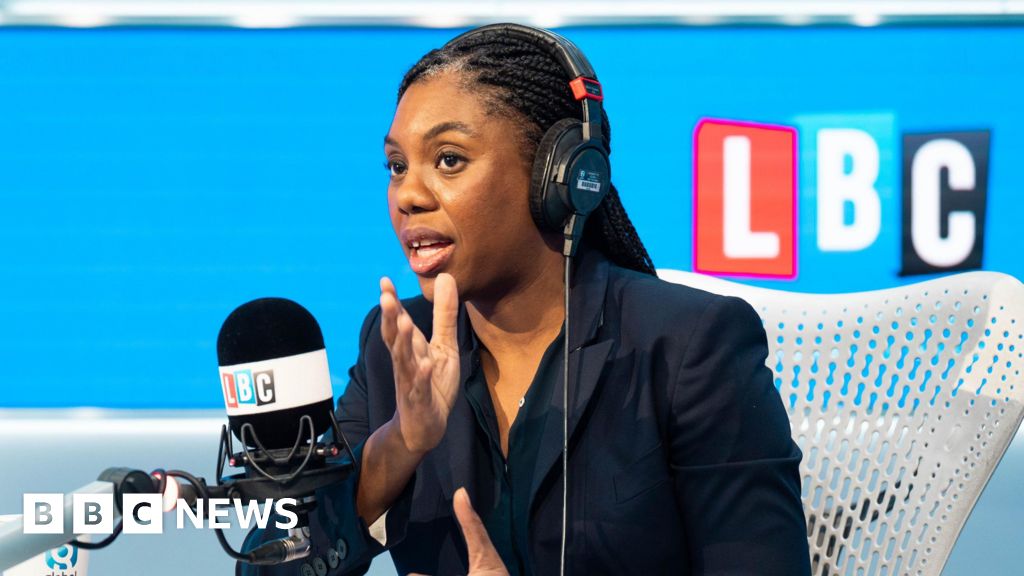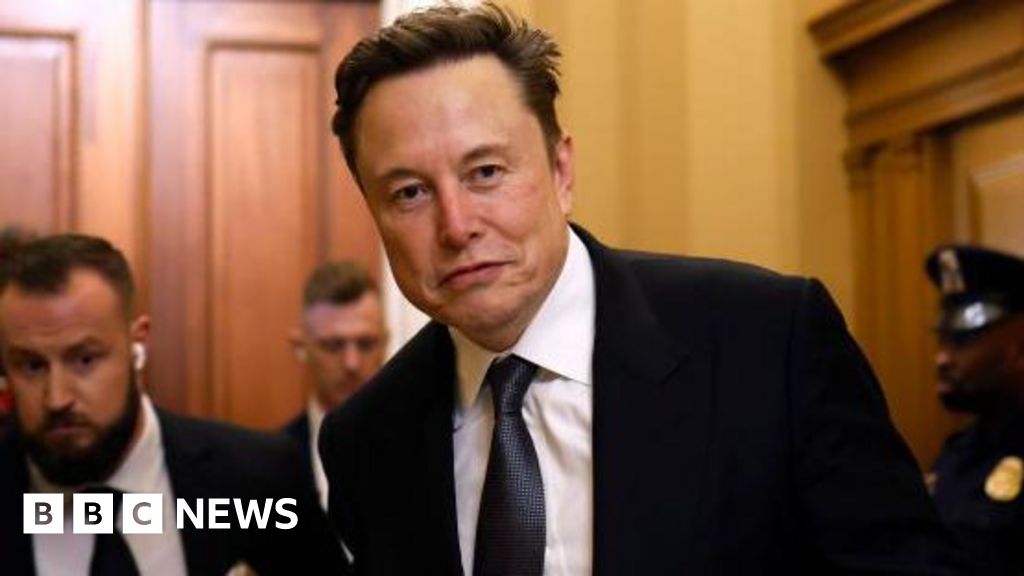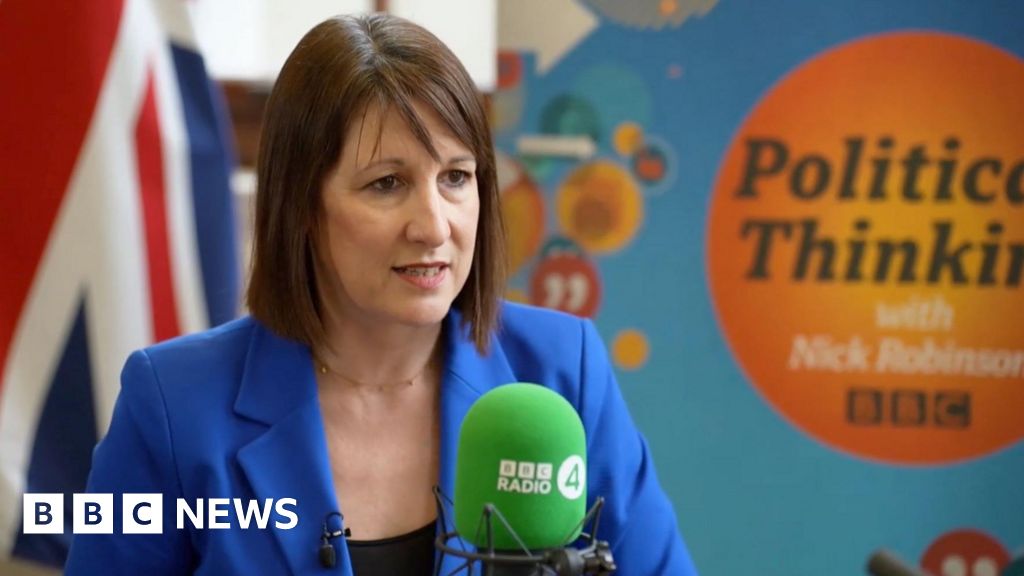ARTICLE AD BOX
By Alex Forsyth
Political correspondent, BBC News
Image source, PA Media
Image caption,The levelling-up secretary arrives at Thursday's cabinet meeting
This week's cabinet "away day" might have been moved from the grandeur of the prime minister's country house to the depths of Downing Street, but the agenda was still centred on one thing - "levelling-up".
The much-repeated motto is meant to sum up the government's central mission. In reality, its meaning still remains a mystery to many.
But it is about to get the Michael Gove treatment.
He's been tasked with turning the slogan into a strategy. Thursday's meeting of the cabinet was about him outlining his thinking to fellow ministers and getting a sense of theirs in return.
It's understood ministers were due to deliver presentations to their cabinet colleagues - including Mr Gove and the PM - on what their departments had planned for levelling up.
So what do we know about the thinking of the still-fairly-new levelling-up secretary?
When he appeared before a select committee earlier this week, Mr Gove offered his interpretation of Boris Johnson's favourite catchphrase, saying it was about "making opportunity more equal across the country".
Delivering that will be harder than defining it.
It is my understanding that one of the first priorities is streamlining the work that's currently spread across various government departments and attempting to give it focus.
There is recognition, even in some corners of government, that so far there's been something of a scattergun approach that's seen different schemes and themes fall under different departments without any real coherence.
Critics have gone so far as to call it confused and chaotic.
Mr Gove is keen to replicate a system that was used for both Brexit and the government's Covid response, which would see cabinet committees set up to keep the "levelling-up" agenda on track, with a strategy committee chaired by the prime minister and an operations committee chaired by, guess who? The levelling-up secretary, of course.
Measuring success
The new man in the job also wants to streamline funding.
There are currently multiple pots of money that come under the banner of "levelling-up" that councils can compete for.
But critics say it takes too much time and resource, and risks leading to funds being handed out unfairly.
Mr Gove wants to simplify the system.
And then there's how to measure success.
When the government's "levelling-up" white paper is published towards the end of this year, it is expected to set out what the government wants to achieve and metrics against which it can be held accountable - something else that has so far been identified as lacking.
Whether ministers can meets their own targets is, of course, another matter.
'Pride of place' is one of the main themes for Mr Gove's vision
So beyond reworking the system, what about the substance?
Mr Gove has said he thinks the key to "levelling-up" communities is improving four areas; local leadership, living standards, public services and "pride of place".
So far, there has been much focus on the physical, from transport schemes to transforming town centres.
Education, skills and of course jobs are likely to feature heavily in future plans.
The white paper, due in December, is also expected to contain proposals to give more power to local leaders to shape their communities.
It could mean more metro mayors like Andy Burnham in Greater Manchester or Andy Street in Birmingham, although there's already resistance to that idea in some sections of local government.
Homes agenda
And then there's the difficult issue of housing, which successive governments have failed to adequately address.
Both the prime minister and Mr Gove believe decent housing is central to this agenda, and say they are committed to getting more homes built.
But the government had its fingers burnt when it proposed highly controversial changes to the planning system last year.
Ministers claimed the changes would modernise outdated processes and speed up much-needed house building.
But there was a furious response from those who thought it would mean more development in over-crowded parts of the south and allow local people little or no say.
In light of the backlash, Mr Gove "paused" the plan, and while he is still committed to reform, it is my understanding that he doesn't intend to resurrect the most contentious aspects.
So as it stands the government is sticking to a house building target of 300,000 new homes a year, but as yet has no clear plan to meet it.
It is just one of the challenges of what is a colossal agenda.
Image source, Getty Images
Image caption,The plan on planning was paused by Mr Gove - but he still wants to hit house building targets
Key to the overarching approach will be Andy Haldane, a former Bank of England chief economist who's been brought into government to work alongside Mr Gove and lead the "levelling-up taskforce".
In his work with the Industrial Strategy Council, he has already set out areas he believes are key to tackling regional disparities - ranging from investment to innovation and infrastructure - but he's also stated that transformation takes time.
With the pandemic having been so dominant, it has already been almost two years since the election in which the government made big promises to improve the lot of communities across the country, and only now are we expecting the white paper outlining the plan.
There will be an awful lot riding on it.

 3 years ago
107
3 years ago
107








 English (US) ·
English (US) ·